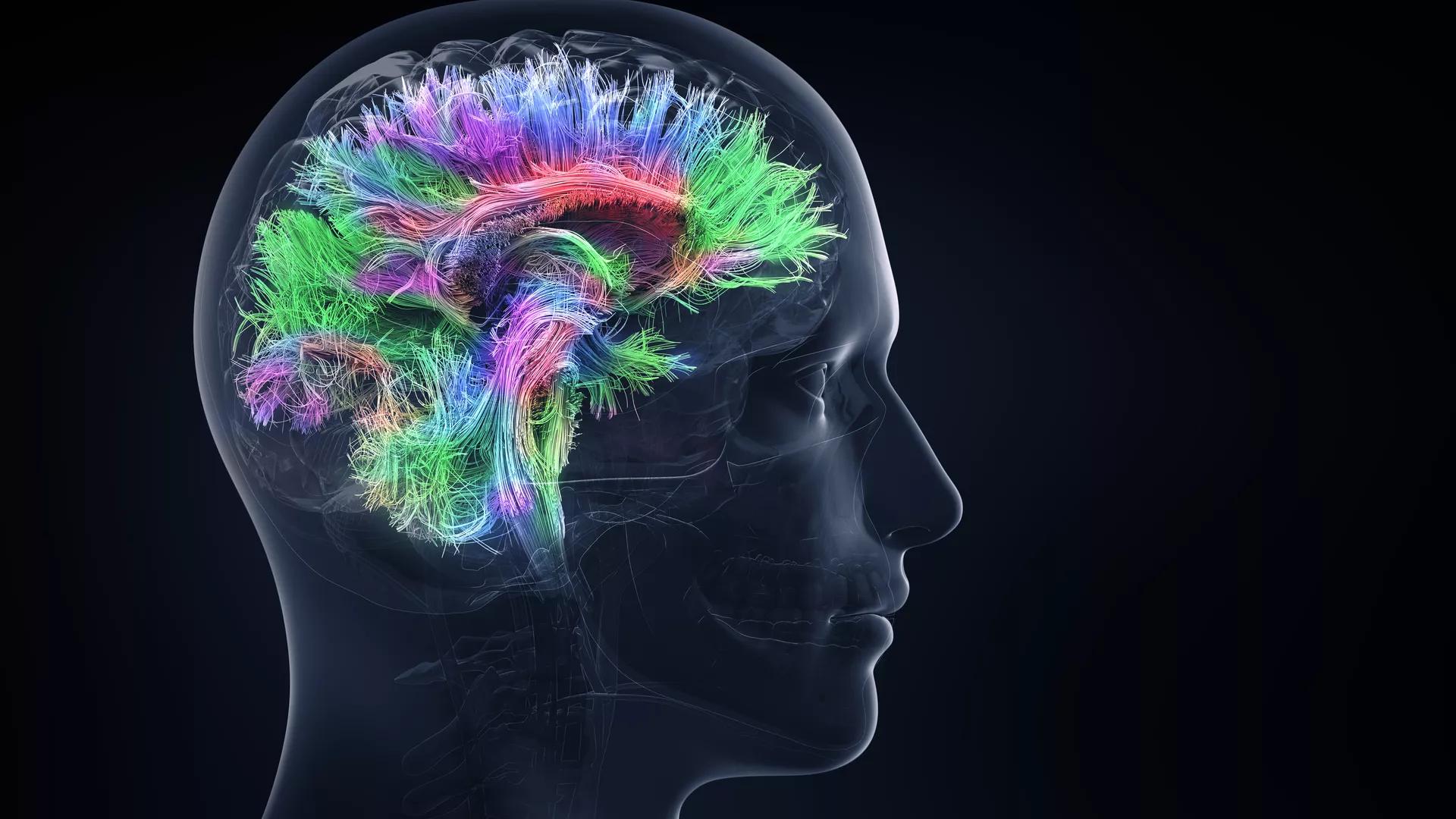Currently, the diagnosis of attention deficit hyperactivity disorder (ADHD) is solely based on behavioral tests prescribed by the Diagnostic and Statistical Manual of Mental Disorders, 5th Edition (DSM-5). However, biomarkers can be more objective and accurate for diagnosis and evaluating treatment efficacy. Thus, this review aimed to identify potential biomarkers for ADHD. Search terms “ADHD,” and “biomarker” combined with one of “protein,” “blood/serum,” “gene,” and “neuro” were used to identify human and animal studies in PubMed, Ovid Medline, and Web of Science. Only papers in English were included. Potential biomarkers were categorized into radiographic, molecular, physiologic, or histologic markers. The radiographic analysis can identify specific activity changes in several brain regions in individuals with ADHD. Several molecular biomarkers in peripheral blood cells and some physiologic biomarkers were found in a small number of participants. There were no published histologic biomarkers for ADHD. Overall, most associations between ADHD and potential biomarkers were properly controlled. In conclusion, a series of biomarkers in the literature are promising as objective parameters to more accurately diagnose ADHD, especially in those with comorbidities that prevent the use of DSM-5. However, more research is needed to confirm the reliability of the biomarkers in larger cohort studies.
Editors
4
Impact
Loading...
Review
08 March 2023
Hui Chen
, 4 more and
Brian G. Oliver
Original Research
27 January 2023
Pietro De Rossi
, 4 more and
Stefano Vicari
9,564 views
17 citations
Original Research
24 April 2023
Katalin Gémes
, 7 more and
Magnus Helgesson
3,500 views
3 citations
Original Research
23 June 2023
Xia Huang
, 4 more and
Yuan-Yuan Li
2,388 views
0 citations
Open for submission
Frontiers in Psychiatry
Advances in Social Determinants of Health for College Students with ADHDEdited by Sarah O’Neill, Anne-Claude V Bedard, Anthony Rostain, Khushmand Rajendran

Deadline
25 April 2025
Recommended Research Topics




